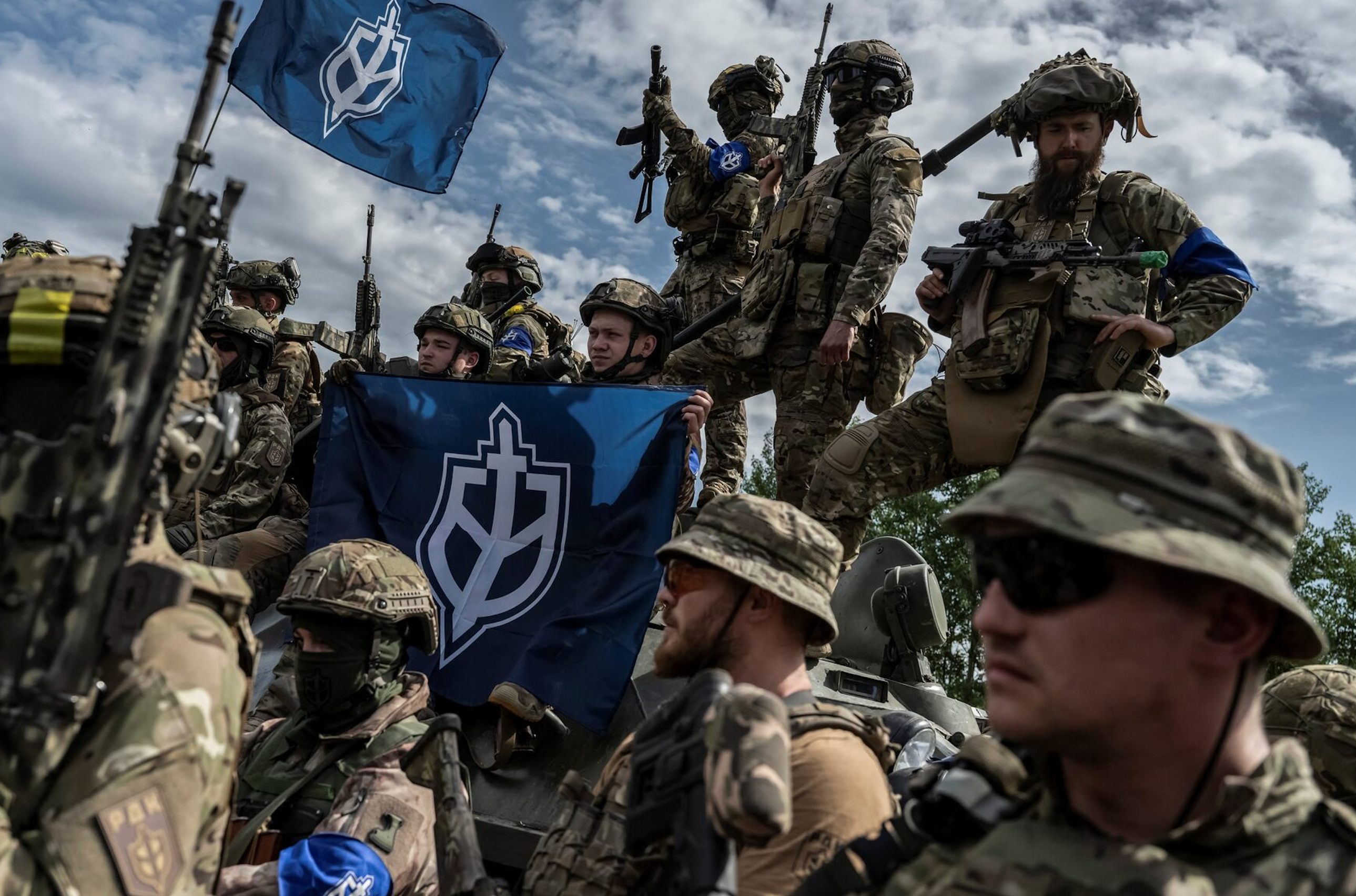
Internet personality Andrew Tate brought to Romanian court on new UK arrest warrant
PHOTO CAPTION: Andrew Tate walks before delivering a press statement outside his house in Voluntari, Ilfov, Romania, August 4, 2023. Inquam Photos/George Calin via REUTERS
BUCHAREST (Reuters) - Internet personality Andrew Tate was arrested for 24 hours in Romania on a British warrant, his PR representative said on Tuesday, and the Bucharest Court of Appeals was set to decide on whether to extradite him.
Tate and his brother Tristan were detained late last night on allegations of sexual aggression dating back to 2012-15, which they "categorically" deny, his PR team said. The warrant was issued by Westminster Magistrates Court.
"Brothers Andrew and Tristan Tate were forcibly detained for 24 hours and handed a European arrest warrant by UK authorities. The charges, dating back to 2012-2015, include allegations of sexual aggression," Andrew Tate's PR representative said in a statement.
"The Bucharest Court of Appeal is slated to make a pivotal decision today on whether to execute the mandate."
The court had yet to decide when it will convene to address the warrant. It was not immediately available for comment.
Tate, who gained millions of fans by promoting an ultra-masculine lifestyle, was indicted in June in Romania along with his brother and two Romanian women for human trafficking, rape and forming a criminal gang to sexually exploit women. They have denied the charges.
The case has since been with the Bucharest court's preliminary chamber, which needs to decide whether the trial can start. A decision has yet to be made, with Romanian courts backlogged.
The Bucharest Court was also set to rule on Friday whether to maintain a seizure of Tate's assets enforced by Romanian prosecutors at the start of 2023.
The Tate brothers were held in police custody pending the criminal investigation from late December 2022 until April, to prevent them from fleeing the country or tampering with evidence. They were placed under house arrest until August.
They have since been under judicial control, a lighter preventative measure meaning they have regular check-ins with the police but can move around freely except for leaving the country.
(Reporting by Luiza Ilie; Editing by Alex Richardson and Ed Osmond)









